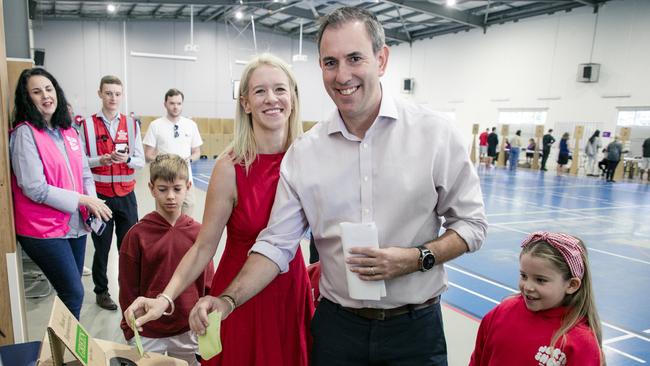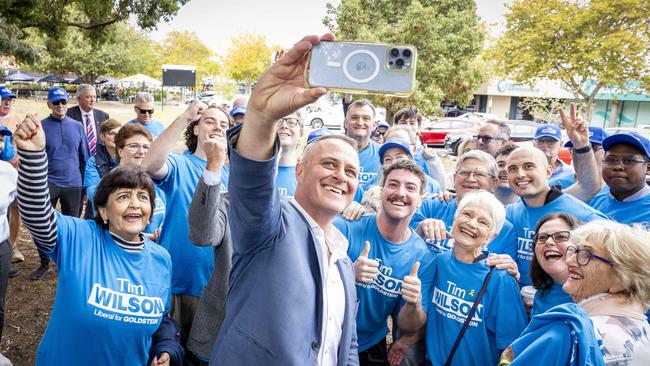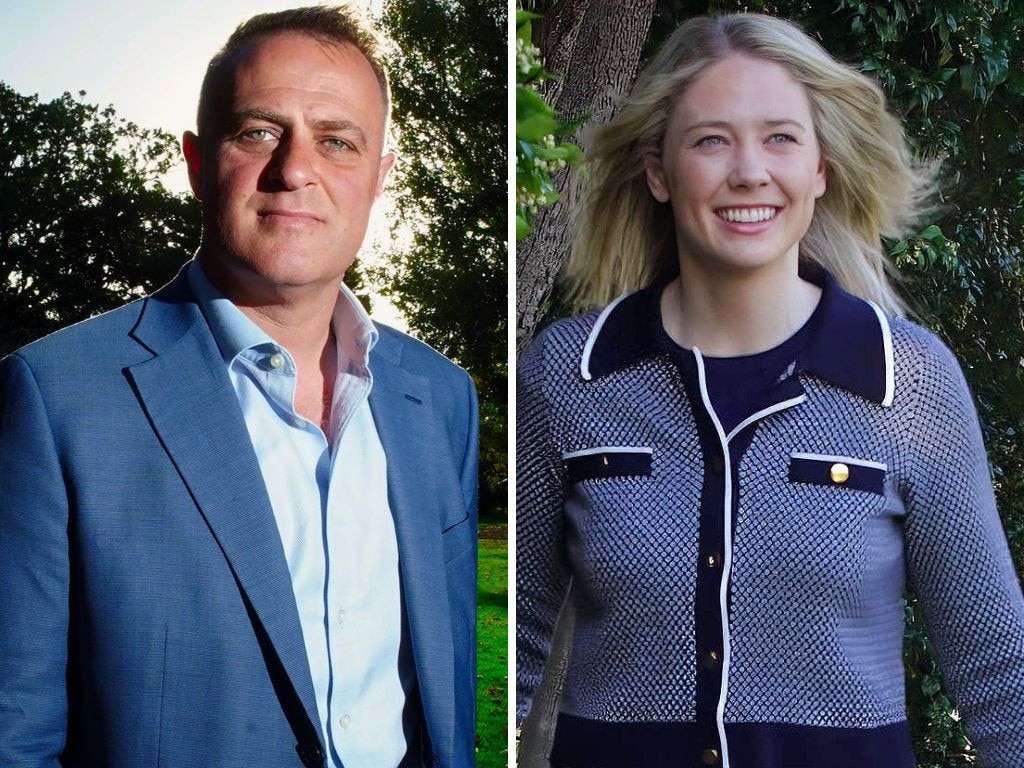Jim Chalmers’s unfair tax on unrealised gains delivered seat of Goldstein to Tim Wilson

It was the Treasurer’s horrific and unfair tax on unrealised gains Wilson skilfully marketed in Goldstein to not only gain the required 3 per cent swing to cover the 2022 loss margin, but to achieve that task in the face of a big swing against the Coalition nationwide.

Most of the Liberals who lost their seats or were in a good challenging position would have won if they had slipped down to the shores of Port Phillip Bay, Melbourne in the Goldstein electorate. They would have discovered how amid a power vacuum, voter hostility to the Chalmers tax would attract votes to individual Coalition candidates if pitched the right way to the voters.
But, as I will explain below, there were also a number of other marketing tools Wilson used that can be duplicated, not just in politics but in modern marketing.
The fact the Coalition’s Sydney and Brisbane-based hierarchy did not understand the tax and its devastating impact on communities can be marked, arguably, as the single biggest error the Coalition made.
Wilson knew the Chalmers tax impacted electorates occupied by the teals, and he claimed in his local campaign the teals had given only token opposition to the tax. Wilson told Goldstein voters: “Had I been elected in 2022 I would have led the charge unapologetically against the tax”.
Wilson has to hope Chalmers introduces and passes the tax because next time around in 2028 the Liberals will wake up and use it to a devastating effect on the ALP. It might even deliver them government.
The election power of bad tax policies was shown in the 2019 election, when Wilson played a big role in convincing Scott Morrison to campaign on Chris Bowen’s disastrous franking credits tax proposal.
The bad news for Wilson and the Coalition is some of the brighter Labor politicians have woken up that the Chalmers tax, if implemented, will almost certainly send them out of parliament in 2028.
Accordingly, they will work tirelessly to convince Chalmers that Coalition ignorance enabled the ALP to dodge a bullet.
If introduced, the Chalmers tax on unrealised gains will devastate superannuation, stock markets, half the stocks on the ASX, farmers and aspiring enterprises.
And, the Chalmers tax is not needed to tax income on superannuation balances above $3m at 30 per cent. There are many alternatives to achieve that objective. Rather, it is a tax Treasury plans to extend to all assets.
In Goldstein, Wilson also copied the methods being used by independents around the nation to increase their membership of the Australian parliament.
The major parties haven’t woken up to the fact a carefully constructed, localised marketing approach can be used to adapt national campaigns to the local situation. It’s an approach many corporates should embrace.
And so, Wilson picked up the national themes and tailored them to the local electorate. Many companies run national campaigns and forget the need to adapt to local communities.

Wilson worked out that in his local area the people he had to woo were “mums” because they had great sway in families in the electorate.
But, in trying to woo “mums” Wilson had looked to be in a hopeless position — he was a male challenging a female.
Contrary to media-portrayed stereotypes, it turned out most of the “mums” in the electorate were too smart to believe it is only females who can represent their views.
And Wilson started his campaign two years before the election, so he would be better known to the electorate. To attract intelligent mums, he had to do a lot more than simply sending out texts or social media promotions.
He mustered a team of volunteers and, in smaller groups, dressed in Wilson promotional gear. They would go with him into the coffee shops, schools, book clubs, shopping centres and other activity centres.
Everybody recognised the volunteer groups and Wilson. They could yarn with him and he was listening. By contrast, the teals were armed with a bag of outside money. Their outside backers had $500,000 earmarked for Goldstein.
Wilson had just $56,000, but it made him spend every dollar wisely and not just spray it around on marketing agencies.
These days there is a mass of statistical material to detail how to run a national campaign, but people who live in communities need to be able to relate to those products, services and in this case, politics.
Interestingly, Dan Tehan, who is one of the original Liberal leadership contenders, left the Liberal national campaign and went out to his electorate facing independents who had about $1m of outside money. Wilson described the avalanche of outside Teal money as “coming from Sydney”.
Many Melburnians are ashamed they voted in a bad state government and don’t like being reminded.
Peter Dutton did not understand that his statement that he would be based in Sydney rather than Canberra made Melbourne voters look for reasons to vote against him.
Albanese understood this and based himself in Canberra.





The new member for Goldstein, Tim Wilson, should start by doing the right thing. Wilson needs to prominently place in his electoral office a picture of Jim Chalmers with the words ‘thank you Jim’ written across the photo.